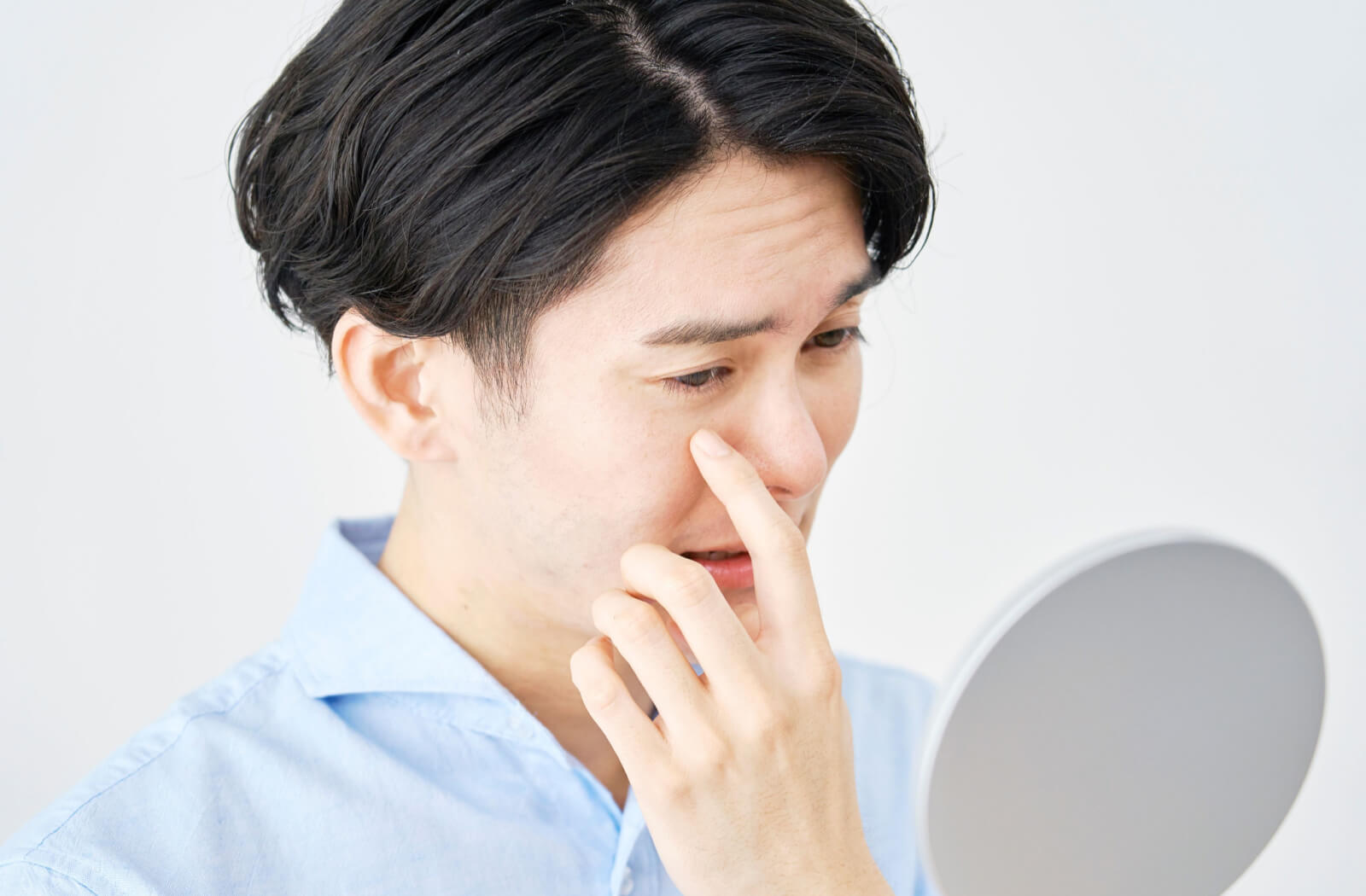Red Eyes Upon Awakening: Unveiling the Culprits and Finding Relief
Waking up with red, bloodshot eyes can be a disconcerting experience. This article delves into the various reasons why your eyes might appear red in the morning, explores strategies for preventing and mitigating this issue, and offers tips for maintaining healthy eyes and preventing future occurrences.
Understanding the Underlying Causes: Why Do My Eyes Get Red in the Morning?
Several factors can contribute to red eyes upon waking:
- Dry Eye Syndrome: This common condition occurs when your eyes don’t produce enough tears or produce poor-quality tears. During sleep, tear production naturally decreases, and individuals with dry eye are more prone to experiencing redness and irritation upon waking.
- Lack of Sleep: When you don’t get enough sleep, your eyes become tired and strained. This can lead to dilated blood vessels in the whites of your eyes, causing redness.
- Allergies: Exposure to allergens like dust mites, pet dander, or pollen during sleep can trigger an allergic reaction, leading to itchy, red, and watery eyes in the morning.
- Eye Strain: Staring at screens for extended periods before bed can contribute to eye fatigue and redness upon waking.
- Environmental Irritants: Dry air, smoke, or other airborne irritants can cause eye dryness and redness, especially during sleep when your eyes are closed for extended periods.
- Digital Eye Strain: The blue light emitted from electronic devices like smartphones and computers can contribute to eye strain and redness, particularly if used close to bedtime.
- Contact Lens Use: Sleeping in contact lenses can deprive your eyes of oxygen and increase the risk of irritation and redness.
- Underlying Medical Conditions: Certain medical conditions like blepharitis (inflammation of the eyelids) or conjunctivitis (pink eye) can also manifest as red eyes in the morning.
Strategies for Relief: Soothing Red Eyes and Preventing Morning Misery
Here are some strategies to combat red eyes in the morning and promote healthy eye comfort:
- Address Dry Eye: Use artificial tears throughout the day, especially before bed, to keep your eyes lubricated. Consider using a humidifier at night to add moisture to the air and prevent dry eyes.
- Prioritize Sleep: Aim for 7-8 hours of quality sleep each night. This allows your eyes to rest and replenish tear production.
- Minimize Allergen Exposure: Wash your bedding regularly, use allergy-proof pillowcases, and reduce exposure to known allergens before bedtime.
- Reduce Screen Time Before Bed: Limit screen time for at least an hour before bed to minimize eye strain.
- Optimize Your Environment: Use a humidifier to combat dry air, and avoid smoky environments that can irritate your eyes.
- Practice Good Contact Lens Hygiene: Always follow proper hygiene practices when handling contact lenses and remove them before sleep.
- Schedule Regular Eye Exams: Regular eye checkups with your ophthalmologist can help identify and address any underlying eye conditions that might be contributing to redness.
Lifestyle Habits for Healthy Eyes: Maintaining Clarity and Comfort
Here are some additional lifestyle habits that promote overall eye health and minimize the risk of red, irritated eyes:
- Maintain a Balanced Diet: A diet rich in fruits, vegetables, and omega-3 fatty acids can nourish your eyes and contribute to their health.
- Stay Hydrated: Drinking sufficient water throughout the day helps maintain tear production and keeps your eyes lubricated.
- Protect Your Eyes from the Sun: Wear sunglasses that block UVA and UVB rays to shield your eyes from sun damage.
- Take Breaks from Screens: Give your eyes a break every 20 minutes of screen time by looking away for 20 seconds at an object 20 feet away (20-20-20 rule).
- Reduce Eye Rubbing: Rubbing your eyes can irritate them further. If your eyes feel itchy, use artificial tears or consult your doctor.
Frequently Asked Questions (FAQ) About Red Eyes in the Morning
Q: When should I be concerned about red eyes in the morning?
A: If your eye redness is accompanied by pain, discharge, blurry vision, or light sensitivity, it’s crucial to consult an ophthalmologist to rule out any underlying medical conditions.
Q: Are there any over-the-counter medications that can help with red eyes?
A: There are over-the-counter redness relievers in the form of eye drops. However, using them for extended periods can worsen dry eye. It’s best to consult your doctor before using any over-the-counter medications for your eyes.

